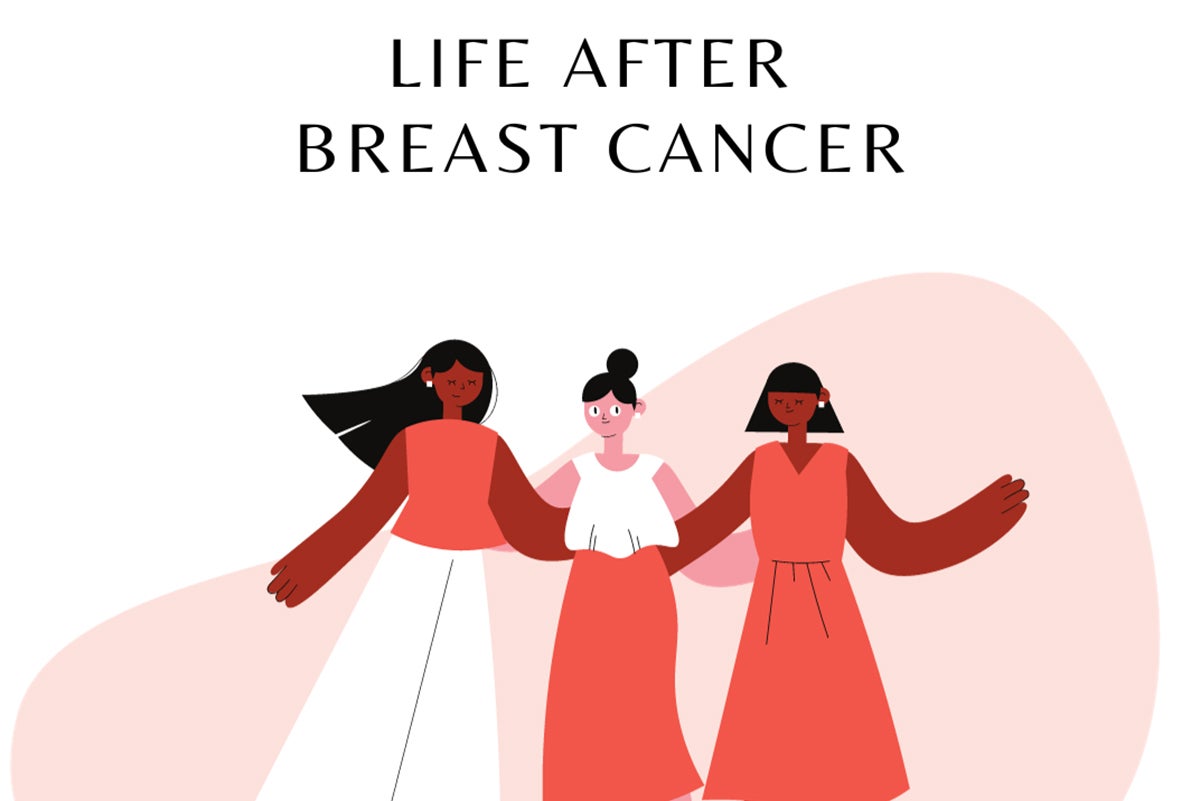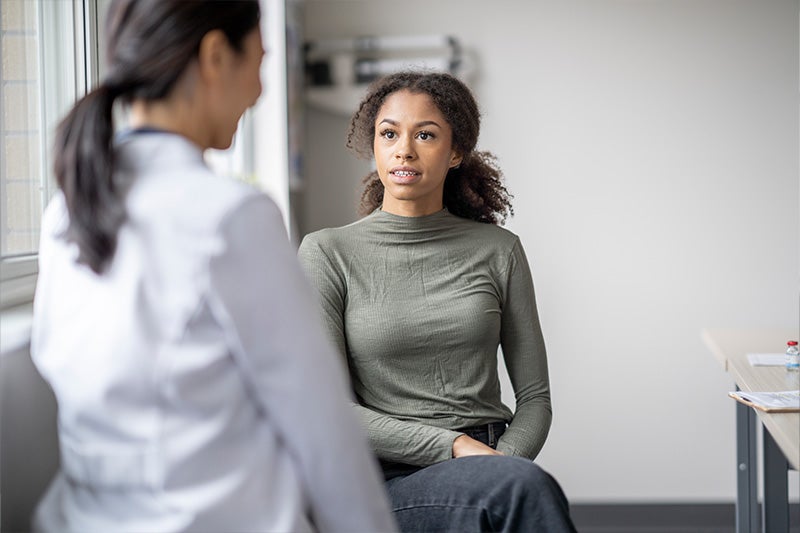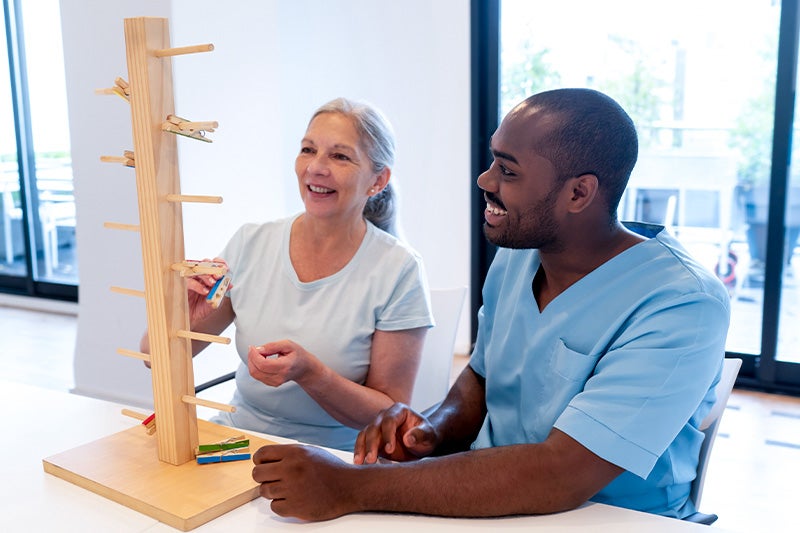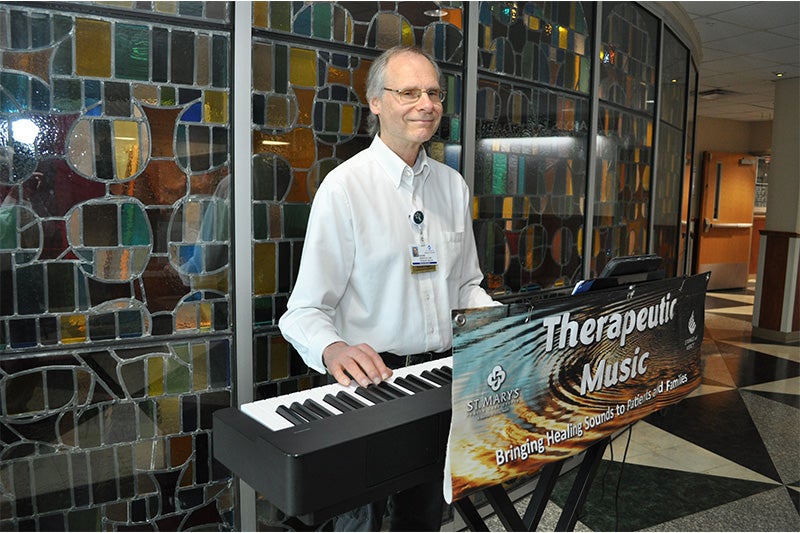The Journey Post-Breast Cancer Treatment
September 21, 2023Breast cancer, a formidable adversary, has seen a remarkable decline in death rates over the past three decades. The reason is undoubtedly a testament to the advances in medical research, early detection, and the indomitable spirit of those affected. Yet, while the physical battle may subside, the emotional and psychological journey often continues long after the treatments have ended.
The post-treatment phase, often dubbed the "second phase" of the cancer journey, is a terrain many survivors navigate without a map. The cocoon of constant medical attention and the rallying of loved ones during treatment can sometimes give way to a sense of isolation. The world expects you to resume your "normal" life, but what does "normal" even mean after such a life-altering experience?
This is where the concept of a survivorship plan comes into play. Much like a roadmap, it helps chart the course of life after treatment. It's not just about medical check-ups or medication schedules; it's about emotional well-being, rediscovering oneself, and finding purpose and joy in everyday life.
Support groups play an invaluable role here. Imagine a safe space where you can voice your deepest fears, share your most minor victories, and find solace in the shared experiences of others. These groups become more than just a gathering; they transform into a sanctuary of understanding and empathy. In these circles, every nod of agreement, every shared tear, and every burst of laughter becomes a testament to the collective resilience of survivors.
The digital age has further expanded this support network. Platforms like cancercare.org and the American Cancer Society have become beacons of hope, offering many resources ranging from expert articles to virtual support groups. These online communities break geographical barriers, allowing survivors from different corners of the world to connect, share, and uplift each other.
But the most crucial aspect of this journey is the relationship one has with oneself. It's essential to remember that healing is not linear. There will be days of immense strength and days of vulnerability. Embracing gratitude, practicing mindfulness, and cherishing every moment becomes the cornerstone of this new phase of life.
The journey post-breast cancer treatment is not just about surviving; it's about thriving. It's about redefining normal, building a community, and, most importantly, celebrating the gift of life every single day. Remember, every sunrise is a testament to your strength, and every sunset promises a new tomorrow.




